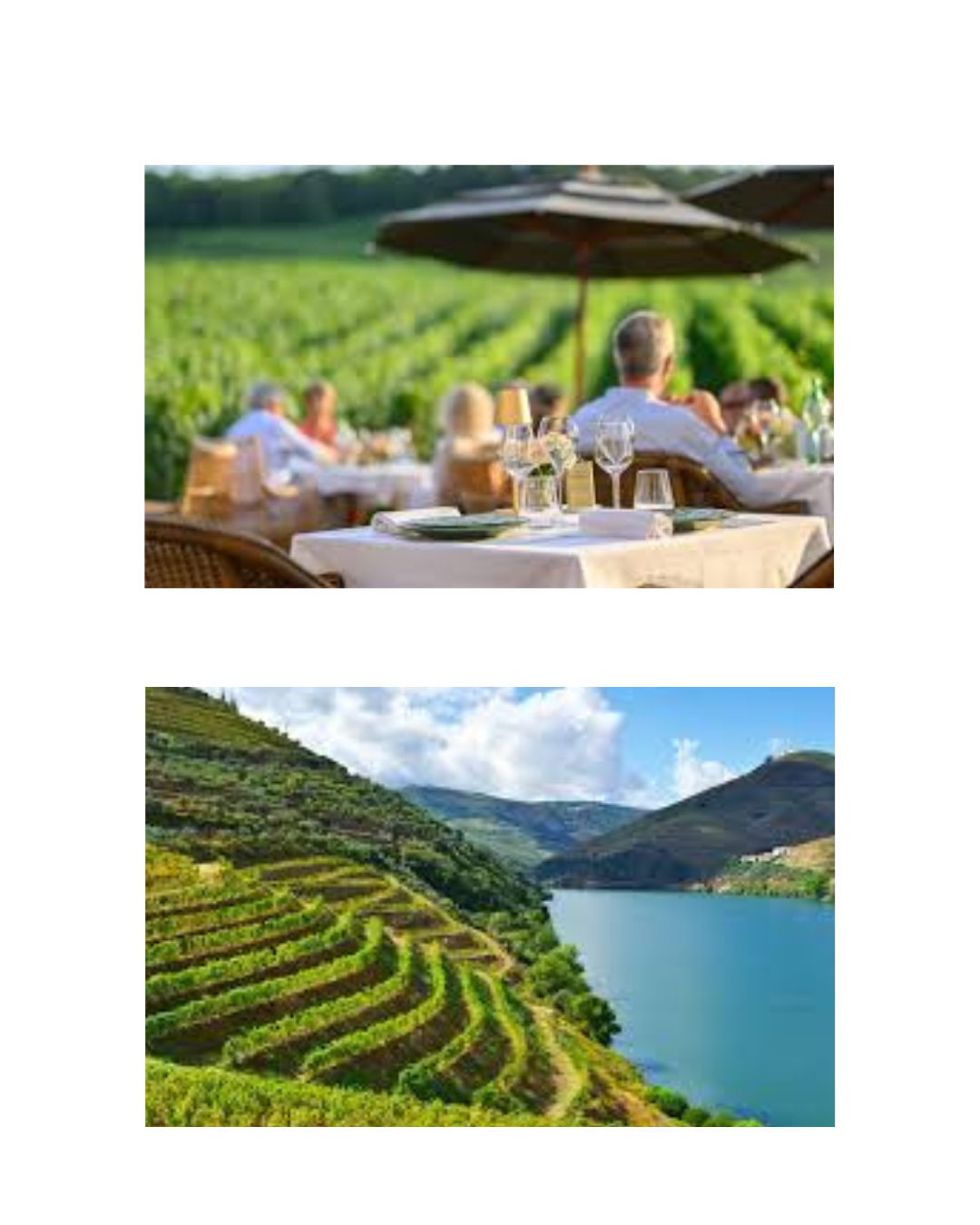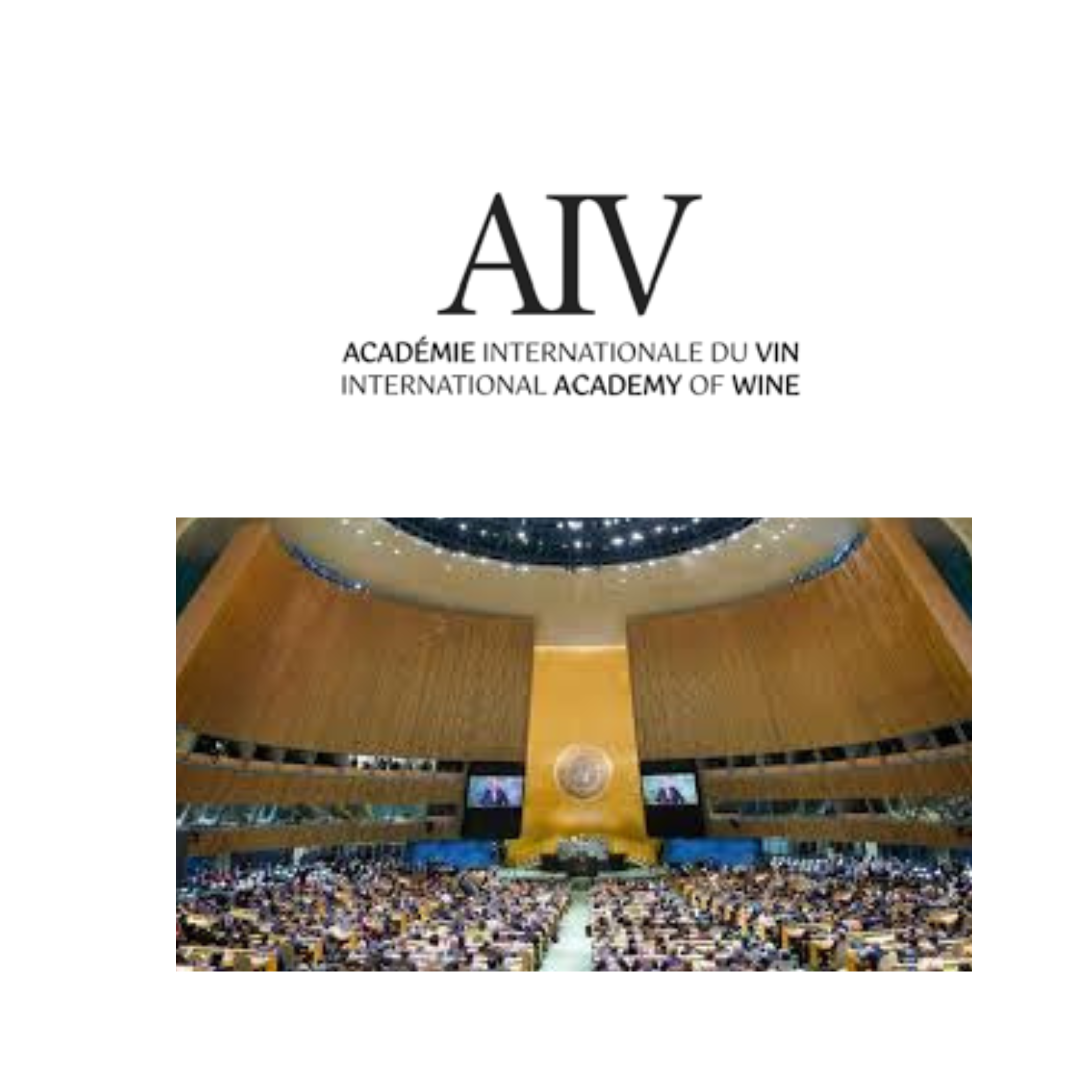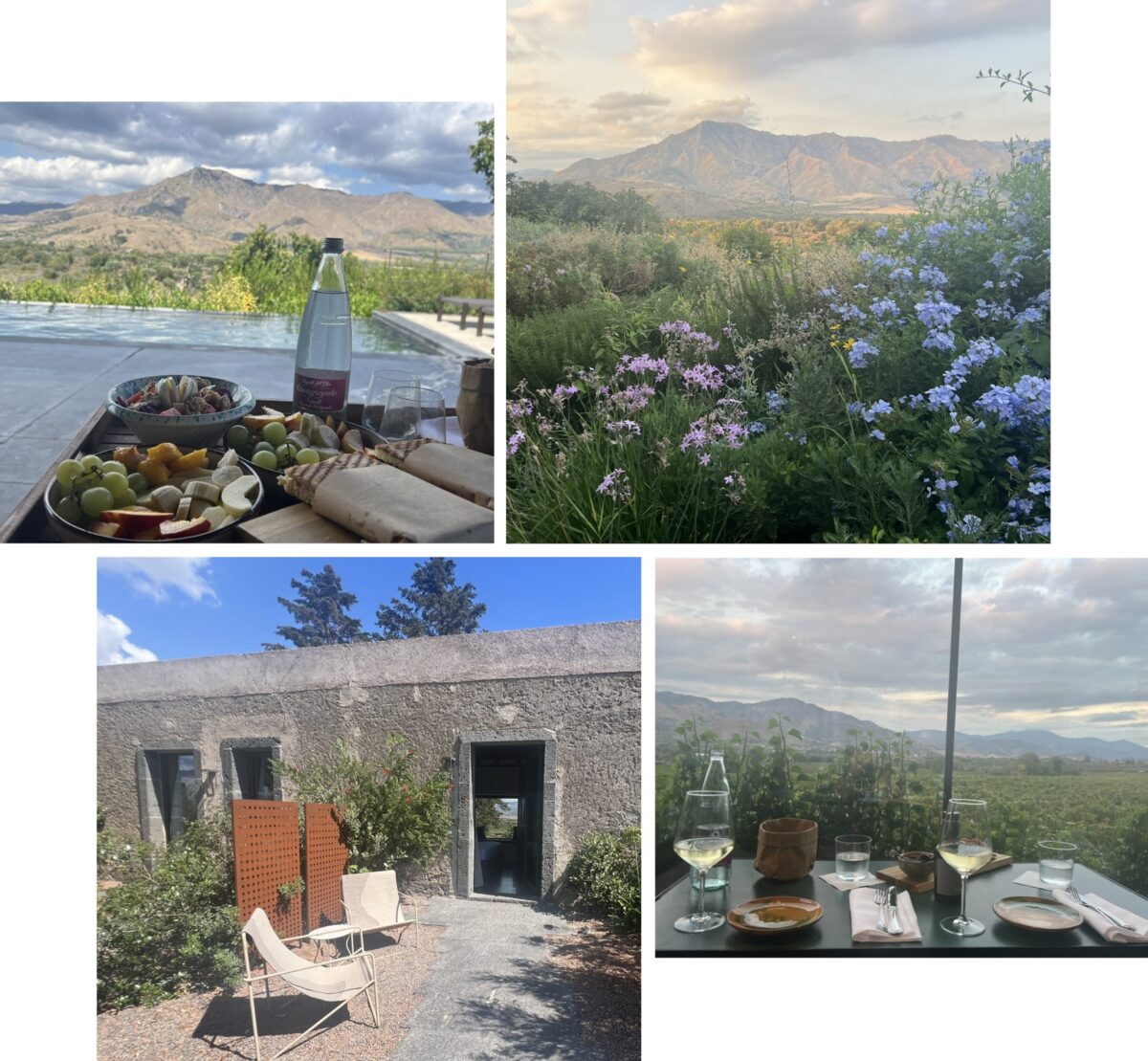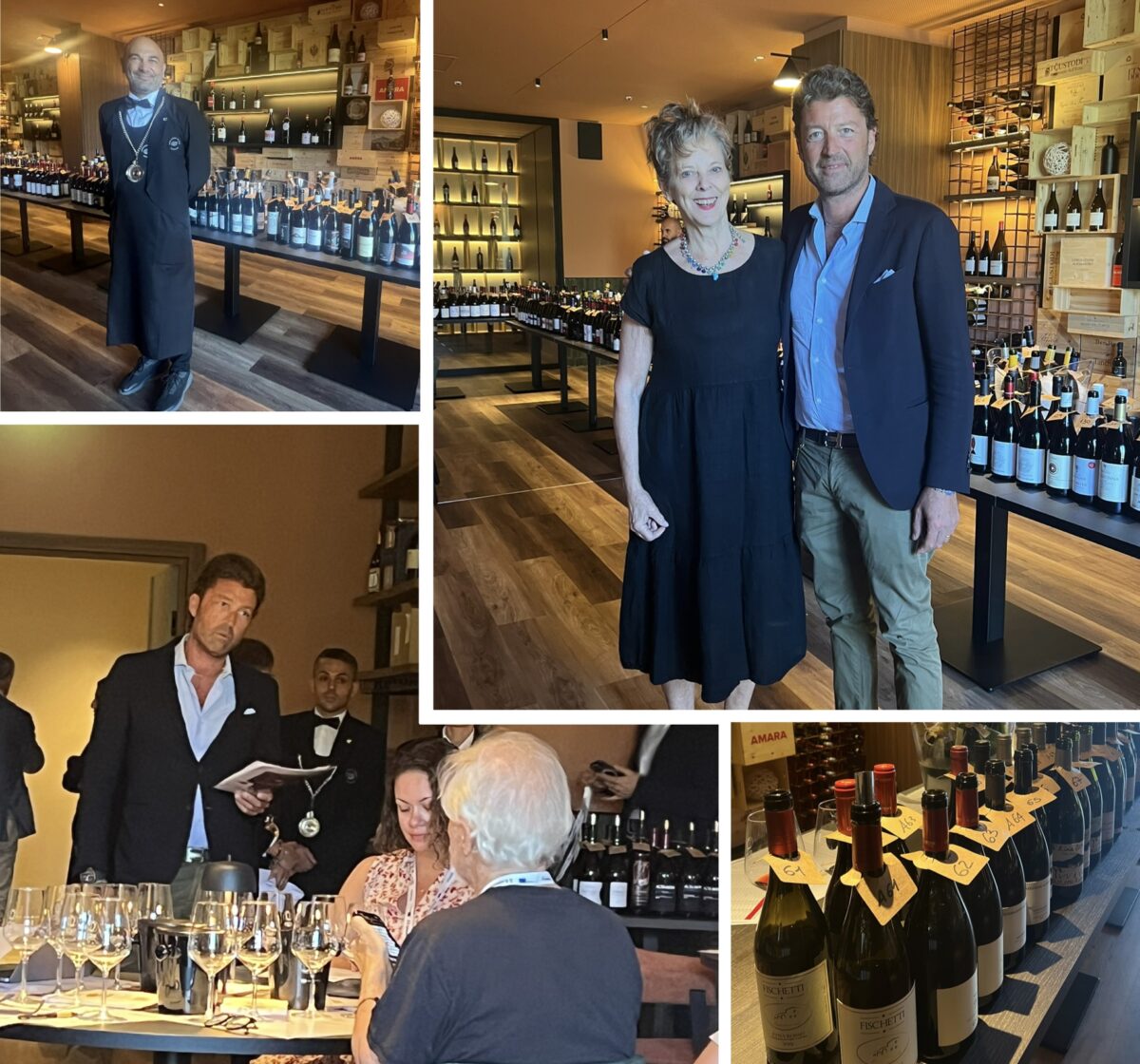Wine tourism represents one of the fastest-growing segments of global cultural and experiential travel. According to a recent survey by TUI Musement, more than 91% of respondents expressed interest in wine-related travel, with the highest engagement among travellers aged 18 to 44. Responding to this demand, and coinciding with Europe’s harvest season, TUI Musement has introduced the inaugural “European Wine Tourism Index 2025,” the first data-driven ranking of Europe’s most attractive destinations for wine tourism.
Unlike perception-based surveys, the Index employs quantitative data and official registries to assess both viticultural heritage and tourism potential. By combining traditional measures of production with indicators of cultural recognition and international prestige, the Index provides a comparative framework for understanding the evolving dynamics of Europe’s wine tourism map.
Methodology
The Index evaluates European Union member states (with a minimum vineyard area of 500 hectares) across five weighted categories:
Vineyard surface area (20%)
Vineyard land dedicated to PDO and PGI wines (30%)
Number of registered PDO/PGI wines (20%)
Total wine production volume (10%)
International awards received (20%)
Data sources include Eurostat, the International Organisation of Vine and Wine (OIV), official EU registries, and the Decanter World Wine Awards 2025. Scores were calculated using a weighted average, providing an objective reflection of both wine heritage and global recognition.
The Results – Europe’s Top 10 Wine-Producing Countries
- France (Score: 85.2/100)
France secures first place with unparalleled prestige, the highest number of international awards, and a vast network of PDO regions.
Key regions: Bordeaux, Burgundy, Champagne
Highlights: Bordeaux’s château tours, Burgundy’s 1,000+ climats (vineyard plots) inscribed by UNESCO, Champagne’s historic underground cellars.
Experiences: Private vintage tastings, vineyard drives through Bordeaux in classic cars, cellar tours beneath Épernay’s Avenue de Champagne.
- Italy
Italy ranks second as Europe’s largest wine producer and the continent’s leader in PDO/PGI registrations.
Key regions: Tuscany, Piedmont, Veneto
Highlights: Tuscany’s Chianti and Brunello di Montalcino; Piedmont’s UNESCO-listed Langhe-Roero vineyards; Veneto’s iconic Prosecco hills.
Experiences: Chianti tasting with artisanal oils and balsamic vinegar, Prosecco tours in Veneto, vineyard walks in Monferrato.
- Spain
Spain, home to the largest vineyard area in Europe (909,367 hectares), ranks third, with 97% dedicated to PDO/PGI wines.
Key regions: La Rioja, Ribera del Duero, Rías Baixas, Jerez
Highlights: Ribera del Duero’s bold reds, volcanic viticulture in Lanzarote’s La Geria, and cava production in Penedès.
Experiences: La Rioja winery tours, sherry tasting in Jerez, vineyard hikes across volcanic landscapes.
- Portugal
Portugal earns fourth place through its internationally awarded wines and unique terroirs.
Key regions: Douro Valley, Alentejo, Vinho Verde
Highlights: UNESCO-listed Douro terraces, Alentejo’s bold red wines, crisp whites of Vinho Verde.
Experiences: River cruises with quinta tastings, traditional Algarve wine trails, and immersive tours of fortified Port cellars.
- Greece
Greece combines millennia-old heritage with an extraordinary diversity of indigenous grape varieties.
Key regions: Macedonia, Peloponnese, Santorini
Highlights: Assyrtiko from Santorini’s volcanic soils, Agiorgitiko from Nemea, and Xinómavro from northern Macedonia.
Experiences: Sunset tastings in Santorini, Peloponnesian winery tours, Crete’s wine-and-food pairings.
- Germany
Germany places sixth, globally celebrated for its Rieslings and scenic river-valley vineyards.
Key regions: Mosel, Rheingau, Pfalz
Highlights: Steep Mosel slopes, Rheingau’s historic Spätlese birthplace, Palatinate’s iconic Bad Dürkheim wine barrel.
Experiences: Vineyard cycling tours, river cruises with Riesling tastings, heritage wine festivals.
- Romania
Romania ranks seventh, drawing on deep winemaking traditions dating to antiquity.
Key regions: Transylvania, Muntenia (Dealu Mare), Dobrogea
Highlights: Fetească varietals of Transylvania, powerful reds from Dealu Mare (“Romania’s Tuscany”), and sweet wines from Dobrogea.
Experiences: Castle-linked vineyard visits, Black Sea coastal tastings, immersive food-and-wine tours from Bucharest.
- Hungary
Hungary, in eighth place, is synonymous with sweet wines of global renown and increasingly recognized reds.
Key regions: Tokaj, Eger, Villány
Highlights: Tokaji Aszú (UNESCO World Heritage), Eger’s “Bull’s Blood” (Bikavér), Villány’s full-bodied reds.
Experiences: Cellar visits in Tokaj, historic vineyard tours, and urban wine tastings in Budapest.
- Austria
Austria’s 46,000 hectares of PDO vineyards demonstrate exceptional quality control.
Key regions: Wachau Valley, Burgenland, Vienna
Highlights: Wachau’s UNESCO terraced landscapes, Grüner Veltliner and Riesling, and Vienna as Europe’s only capital city with significant vineyards.
Experiences: Danube wine cruises, half-day vineyard tours from Vienna, Burgenland’s botrytized dessert wines.
- Bulgaria
Bulgaria completes the top 10 with a wine history dating to ancient Thrace.
Key regions: Thracian Valley, Struma Valley, Danube Plain
Highlights: Mavrud-based reds, Mediterranean-influenced wines of Struma, and fresh Danubian whites.
Experiences: Vineyard tours of Nessebar, tastings in the Thracian Valley, and Black Sea wine routes.
The inaugural European Wine Tourism Index 2025 reaffirms Europe’s enduring role as the global centre of wine tourism. While traditional powers such as France, Italy, and Spain remain dominant, the emergence of destinations like Romania, Hungary, Austria, and Bulgaria signals an expanding and diversifying wine tourism map.
This Index provides both travellers and industry stakeholders with an authoritative framework for understanding Europe’s viticultural landscape, linking heritage with tourism potential, and mapping future opportunities for sustainable growth.






